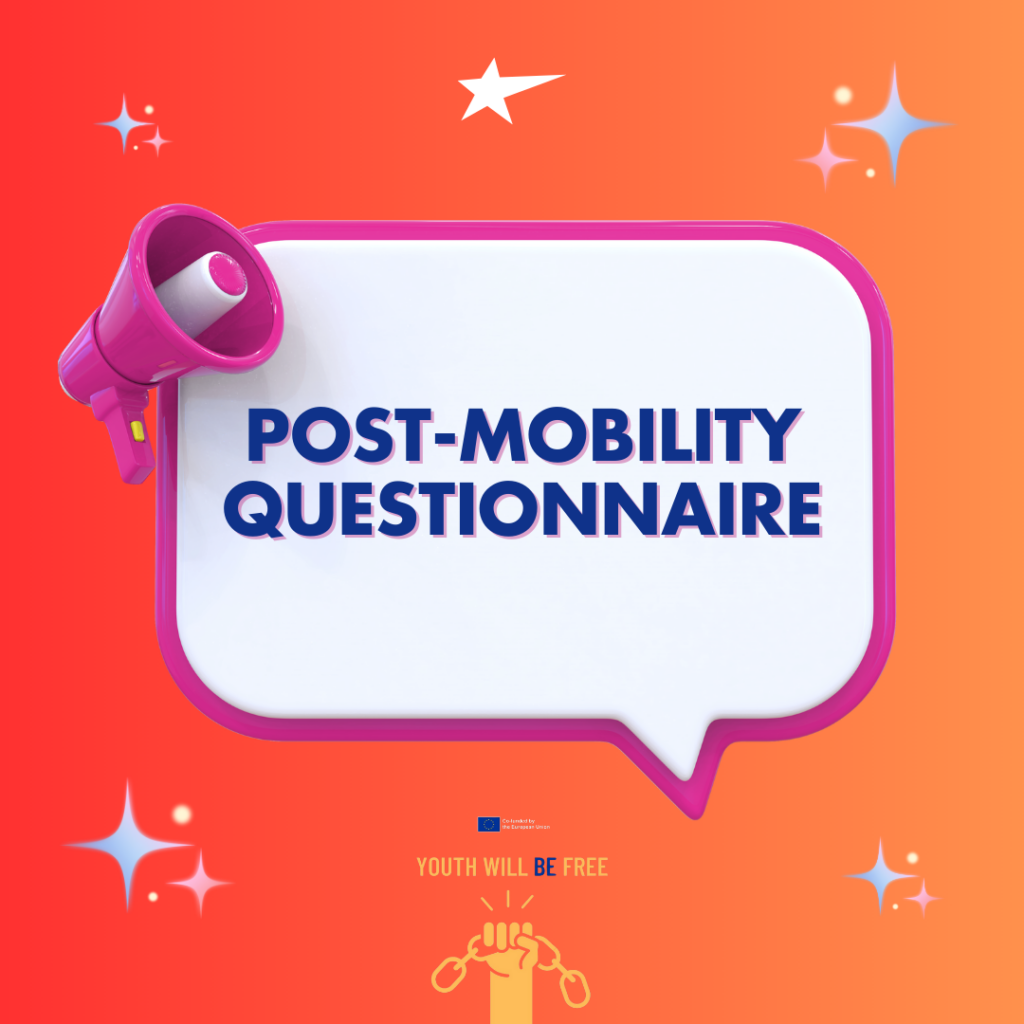

Summary
The project You(th) will be Free aims to enhance the quality of youthwork in the MENA (Middle East and North Africa) countries so it can become a tool for social rehabilitation for young former inmates or youth at high risk of criminality, offering them the opportunity to pursue a career as socio-educational animators and thus find dignified employment.
Youth Empowerment
ASSOCIAZIONE SOS EUROPA 🇮🇹 Italy
Via Pietro Romano 33 – Roma, Italy
www.soseuropa.it
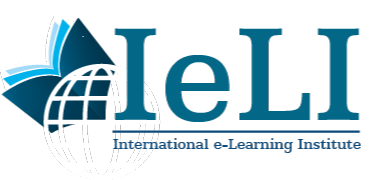
INTERNATIONAL E-LEARNING INSTITUTE LTD 🇲🇹 Malta
40, VILLA FAIRHOLME SIR AUGUSTUS BARTOLO STREET
XBX1095 TA XBIEX
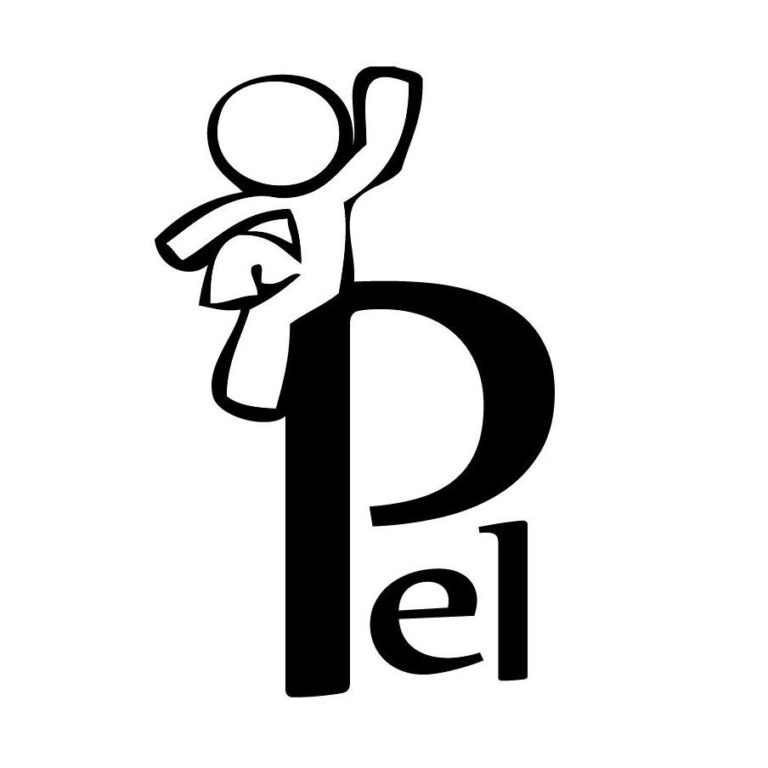
UL DIMO HADZI DIMOV 54B1000 Skopje
Website: https://www.pel.mk
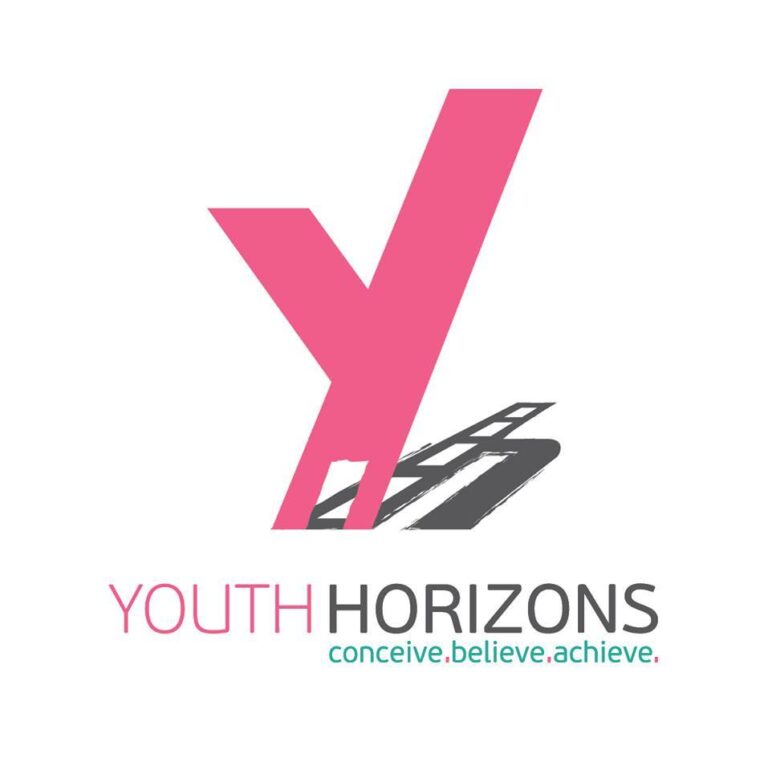
K PALAMA 9 191 00 MEGARA
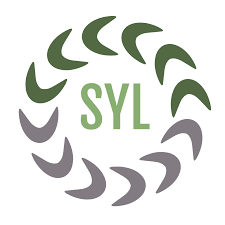
TALA CENTER TALA AL ALI 11180 Amman
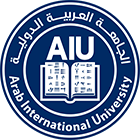
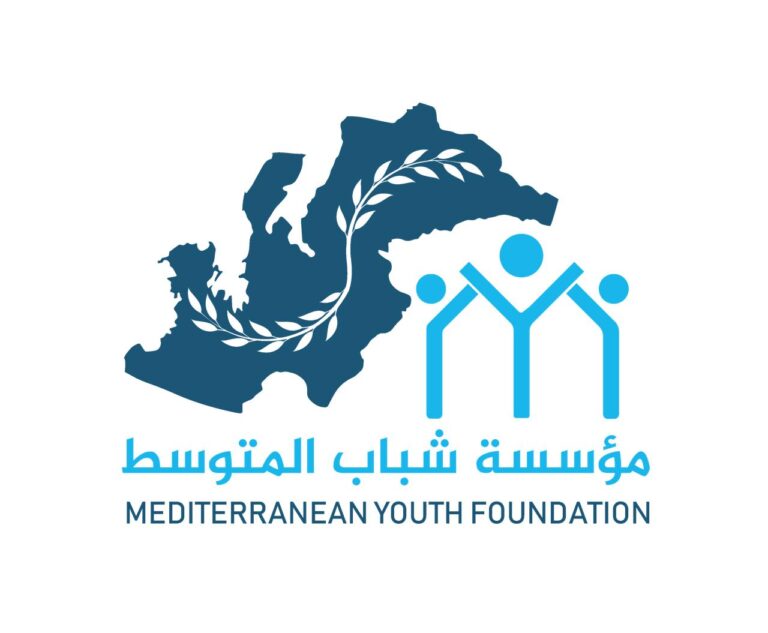
OFFICE 1 BUILDING 2013 AL EYADA STREET EXTENSION ZAHRAA MADINAT NASR 11528 CAIRO
Website: http://myfmed.org
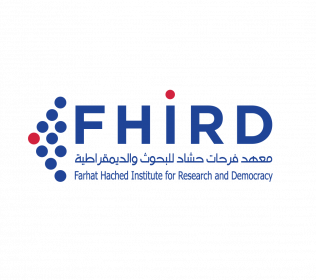
20 RUE SOMAA MOUROUJ 5 BEN AROUS 2074 MOUROUJ
Website: https://www.fhird.tn
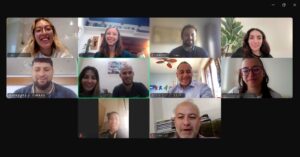
The kick-off meeting of the project YOUTH WILL BE FREE, funded by the European Commission under the ERASMUS+ program, Capacity Building in the Youth sector, was held on October 6, 2024.
The project was written and coordinated by the Italian association SOS EUROPA, and the partnership is made up of PEL association from North Macedonia, the international e-Learning institute IELI from Malta, the Farhat Hached Institute for Research and Democracy (FHIRD) based in Tunis, the Arab International University (AIU) from Syria, the Support Youth Leaders (SYL) association from Jordan, and the nonprofit and nongovernmental organization Youth Horizons (YoHo) located in Megara, Greece.
The meeting was attended by 2 participants from each association, for a total of 14 participants, who, due to logistical problems, kicked off the project by meeting on the Zoom platform instead of in Cairo.
The meeting began with a brief presentation of the items that would be discussed, specifically:
- The presentation of the project and the activities, with associated timelines and deliverables, to be implemented for the purpose of project implementation;
- Visual Identity, the different dissemination channels, and the budgeting and reporting part;
- The presentation regarding activity T2.2 of good practice research regarding the identification of good practices of youth work as a tool for inclusion for people at other risk of social exclusion.
After a brief introduction in which each partner had the opportunity to introduce themselves, the goals of their association, and their area of operation, the general and specific objectives of the project, the target group to which they relate, and the project roadmap were addressed. The participants, in addition, analyzed the various activities proposed by the project and the results to be produced in order to collaborate for the implementation of the project.
After that, all participants agreed on a dissemination plan that includes, depending on the nature of the dissemination object, both online and offline channels such as social media platforms, newsletters, events, trainings, and the like. In addition, all partners discussed a commitment to share these activities by including the project and European Commission logos and an explicit reference to the Commission as a funding source in the spaces dedicated to dissemination.
At the end of the meeting, a short research corresponding to T2.2 (Collection of Good Practices) was presented, highlighting the definition of youth work and youth worker, the type of profession he or she practiced, the soft skills that contributed the most to the target group actually improving their living conditions and in what terms, and the good practices of youth work as a tool for inclusion for people at other risk of social exclusion (e.g., ex-prisoners, people subject to drug addiction, youth from critical family backgrounds, etc.).
This research will be the starting point for the next meeting in Amman, where the youth workers will undergo training, which will see them engaged in improving their educational approach to the target group and in drafting general guidelines in the socio-educational field (D2.1), which are essential for carrying out WP3 activities.
Training for Youth Workers in Amman: A Transformative Experience
On February 7th and 8th, 2025, Amman, Jordan, became the center of an inspiring and impactful training course for youth workers. This two-day event brought together 26 youth workers sharing a common goal: enhancing competencies for the inclusion of young ex-detainees and those at risk of criminal involvement.
Day 1: Exchange of Knowledge and Best Practices
The first day began with a productive exchange of best practices. The participating youth workers presented the findings of their research, sparking an engaging discussion led by the three experts and the facilitator. Furthermore, participants worked together to compile a detailed list of essential soft skills, crucial both for youth workers and for the personal development of the target groups.
Day 2: Non-Formal Education Activities
The second day was entirely dedicated to experiential learning, focusing on three key themes: psychology, pedagogy of deviance, and cultural mediation. After a brief introduction by the experts, participants were divided into three working groups, each dedicated to one of these essential topics. Through role-model exercises and real-life scenario simulations, youth workers gained deeper insights into the challenges faced by marginalized youth.
The final session brought everyone together for a group discussion, gathering reflections from the previous days. Participants were again divided into groups to collaboratively draft the Guidelines for the Inclusion of Young Ex-Detainees and At-Risk Youth in Training Activities. These guidelines emphasized the most effective non-formal and informal methodologies while identifying key skills to be developed. The training concluded with the creation of the Ideal Candidate Profile for future inclusion programs and the official drafting of the Call for Expressions of Interest, a crucial step toward the next phase of the project.
Opportunity: Job Shadowing in Rome
Following this training, a great opportunity is on the horizon! In the coming days, the Call for Interest for the Job Shadowing Experience in Rome, Italy will be published. This initiative will offer nine selected youth workers the chance to gain firsthand experience in a professional setting, further enhancing their skills and impact. Stay tuned for more details on how to apply and take part in this incredible experience!
The training course in Amman represented a significant milestone, strengthening the capacities of youth workers and equipping them with the necessary tools to create real change. With the next phases already in motion, the journey toward greater inclusion and empowerment continues!

WORKSHOP for Youth Workers in Rome
SOS EUROPA, the association promoting the project “YOU(TH) WILL BE FREE”—co-financed by the European Commission through the Erasmus Plus program—proposed and implemented a dialogue between institutions and international organizations. For the first time, it presented a handbook aimed at improving the lives of former inmates and young people at high risk of criminality, offering them the chance to pursue a career and find dignified employment.
The project, which aims to enhance the quality of socio-educational youth work in MENA (Middle East and North Africa) countries, saw the operational involvement and participation of various associations. Following the event days, several organizations announced that they would adopt the handbook in their local contexts, ensuring that the project has a truly international impact.
Among the associations active in the project were: International E-learning Institute, Malta, Youth Horizons, Greece, Association for Progress, Education and Lobbying, Republic of North Macedonia, Support Youth Leaders, Jordan, Mediterranean Youth Foundation For Development, Egypt, Arab International University, Syria, Farhat Hached Institute For Research and Democracy, Tunisia
Mattia Di Tommaso, President of SOS EUROPA, stated:
“I hope that the administration and institutions continue to carry forward the idea of peace and cooperation that we have implemented with such enthusiasm these past days. We are happy and honored to have made the Capital a symbolic meeting place for countries so different from one another, which now share a common goal.”
The heart of the initiative took place today, May 20, 2025, in the Protomoteca Hall on the Capitoline Hill, where the project’s concluding International Conference was held. The goal: to present, for the first time, an operational handbook aimed at offering young people at high risk of criminality and former inmates a concrete alternative through training pathways, job opportunities, and dignified social reintegration.
Opening and Institutional Speeches
The conference was introduced by Mattia Di Tommaso, President of SOS Europa, who emphasized the importance of intercultural dialogue and cooperation among international actors in building educational and preventive models against youth deviance.
Institutional greetings were given by:
- David Di Cosmo, President of the Council of Rome’s 5th Municipality
- Representatives of the embassies of the project’s partner countries
Additional contributors included:
- Hon. Filippo Sensi, Senator of the Italian Republic
- Hon. Bobo Craxi, former Undersecretary of State for Foreign Affairs with responsibility for UN relations
- Panagiotis Papailias, President of Youth Horizons (Greece)
- Daniele Pallotta, Director General of Ego Education (Malta)
- Tommaso Usseglio, Project Manager of SOS Europa
- Eloisa Casadei, President of Leadership Engagement Advocacy – Brussels
- Alfonso Aliberti, representing EACEA – the European Commission’s Executive Agency for Education and Culture
A Concrete Example of International Cooperation
The YOU(TH) WILL BE FREE project actively engaged various international organizations, who shared best practices, experiences, and educational methods to counter youth marginalization:
- International E-Learning Institute (Malta)
- Youth Horizons (Greece)
- Association for Progress, Education and Lobbying – PEL (North Macedonia)
- Support Youth Leaders (Jordan)
- Mediterranean Youth Foundation for Development (Egypt)
- Arab International University (Syria)
- Farhat Hached Institute for Research and Democracy (Tunisia)
During the four days in Rome, workshops, roundtables, bilateral meetings, and training sessions were held to strengthen synergies among the participating organizations. At the close of the conference, all partners officially pledged to implement the handbook in their respective territories, aiming to build more inclusive, preventive, and internationally cooperative youth policies.
Final Statement by Mattia Di Tommaso
“I hope that the administration and institutions continue to carry forward the idea of peace and cooperation that we have implemented with such enthusiasm these past days. We are happy and honored to have made the Capital a symbolic meeting place for countries so different from one another, which now share a common goal: to offer young people a real chance at a future.”




